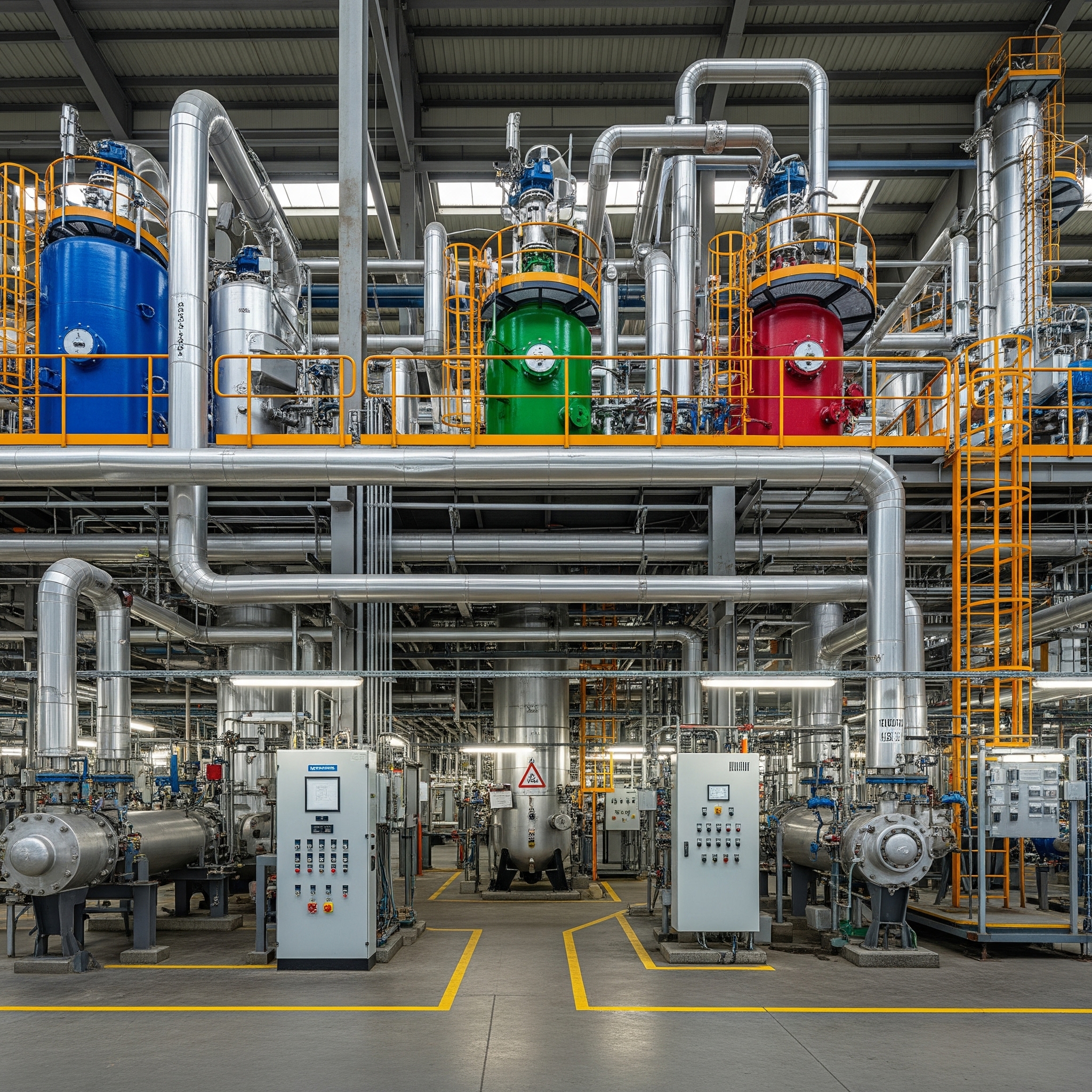An offshore operator successfully addressed regulatory exceedances and production issues with a data-driven approach to analyzing and reducing oil in produced water.
Challenge
An FPSO (floating production, storage, and offloading) vessel operated by the customer faced sporadic exceedances of regulatory limits for oil concentrations in produced water. Identifying the root causes was difficult due to the vast amount of sensor data available, making quantitative analysis challenging. Furthermore, as oil wells aged, increased water production intensified the difficulty of managing oil in produced water levels.
Solution
Arundo implemented a machine learning pipeline designed to analyze the extensive sensor data and pinpoint the primary factors contributing to high oil in water levels. An interactive tool was developed to facilitate collaboration between data scientists and process engineers, enabling them to combine data analysis with subject matter expertise. This collaborative effort systematically investigated various hypotheses and led to concrete, actionable recommendations for reducing oil in water.

Impact
The implementation resulted in an improved understanding of separation inefficiencies and provided the customer with concrete recommendations to significantly reduce oil in water emissions.




